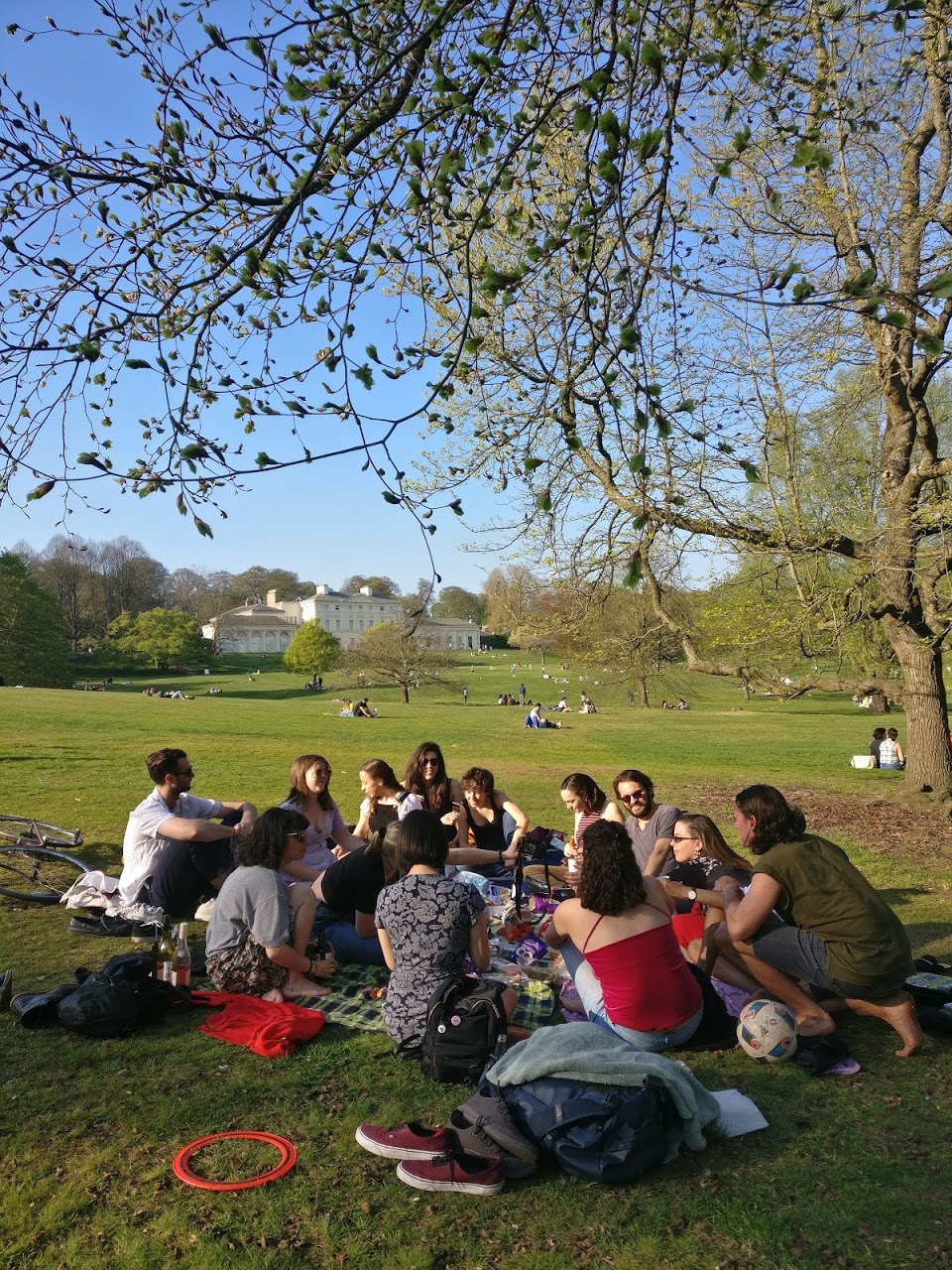Studying in London– developing global perspectives in the JD
2019 Melbourne JD graduate Finbar Piper reflects on the semester he spent studying at the Center for Transnational Legal Studies in London.
 For those passionate about international law, the Center for Transnational Legal Studies (CTLS) offers a unique opportunity to spend a semester in London investigating international and transnational legal issues.
For those passionate about international law, the Center for Transnational Legal Studies (CTLS) offers a unique opportunity to spend a semester in London investigating international and transnational legal issues.
An initiative of Georgetown University Law Centre, CTLS brings together students and academics from 20 leading global law schools. The only Australian school represented is Melbourne Law School (MLS).
In 2019, JD graduate Finbar Piper took part in the CTLS program. We sat down with Finbar to hear more about his experience, and his tips for students thinking about applying for the program.
So Finbar, can you tell us a bit about what you studied at CTLS? Which subjects did you enjoy the most?
I studied transnational labour law, comparative foreign relations law, transnational legal theory, and a core course in transnational law and globalisation.
My favourite subject was comparative foreign relations law because it was the longest and most in-depth paper I'd ever written (until I did legal research at MLS). It gave me the impetus to explore a really interesting area of law where there wasn't much pre-existing literature. With the teacher's support, I felt that I was able to carve out a unique and independent perspective on the literature.
I also enjoyed transnational legal theory and the core course because they really fed my creative legal mind. Transnational law sits at the intersection between policy, politics, economics and law, so it requires you to think laterally.
What did you get out of the program academically?
I gained great comparative legal insight, learning about the legal context of my peers, figuring out how to communicate inter-jurisdictionally and how to solve common problems. This improved my understanding of global events, and also gave me a more well-rounded understanding of Australia’s legal system in comparison to others.

How were you challenged while at CTLS?
There was a greater number of assessments than there are at MLS. In addition to your full-time study load, CTLS students are required to attend and respond to papers presented through the Colloquium each fortnight. It was challenging to stay across the number of assignments, and balance this with the many enjoyable things to do in London.
Moving beyond your studies, what did you enjoy most about the program?
The cohort was by far the best aspect of CTLS for me. I made 50 new friends from around the world – we travelled through the UK and across Europe together, and are still all in touch a year later! Learning about their respective legal systems in class also made the academic program much more interesting.
It was also really interesting to hear from the variety of speakers, and learn about their diverse careers after studying law.
Speaking of careers, did your experience at CTLS help shape your own decision about your next steps after graduation?
It reminded me of the values and goals that had originally led me to apply for the JD and exposed me to a range of professional pathways that aren't always clearly defined in Australia. So, while it wasn't a direct motivator in my taking up a graduate role at the Attorney-General’s Department, it gave me the confidence to pursue what I most enjoy – using the law in a policy context.
Do you have any tips for people thinking of applying for CTLS?
you have any tips for people thinking of applying for CTLS?
CTLS offers an excellent change of pace for JD students, and challenges the conventional understanding of what you can do with a law degree. I'd recommend doing the program if you'd like to meet new and interesting people and explore London (and travel through Europe), while obtaining a certificate in transnational law from Georgetown University.
The application process is much less stressful than many other things JD students apply for. But studying at CTLS requires some forward planning, particularly if you need to be back in Australia for clerkship or job interviews. So, get started early, even if you aren't 100% sure you're going to do it.